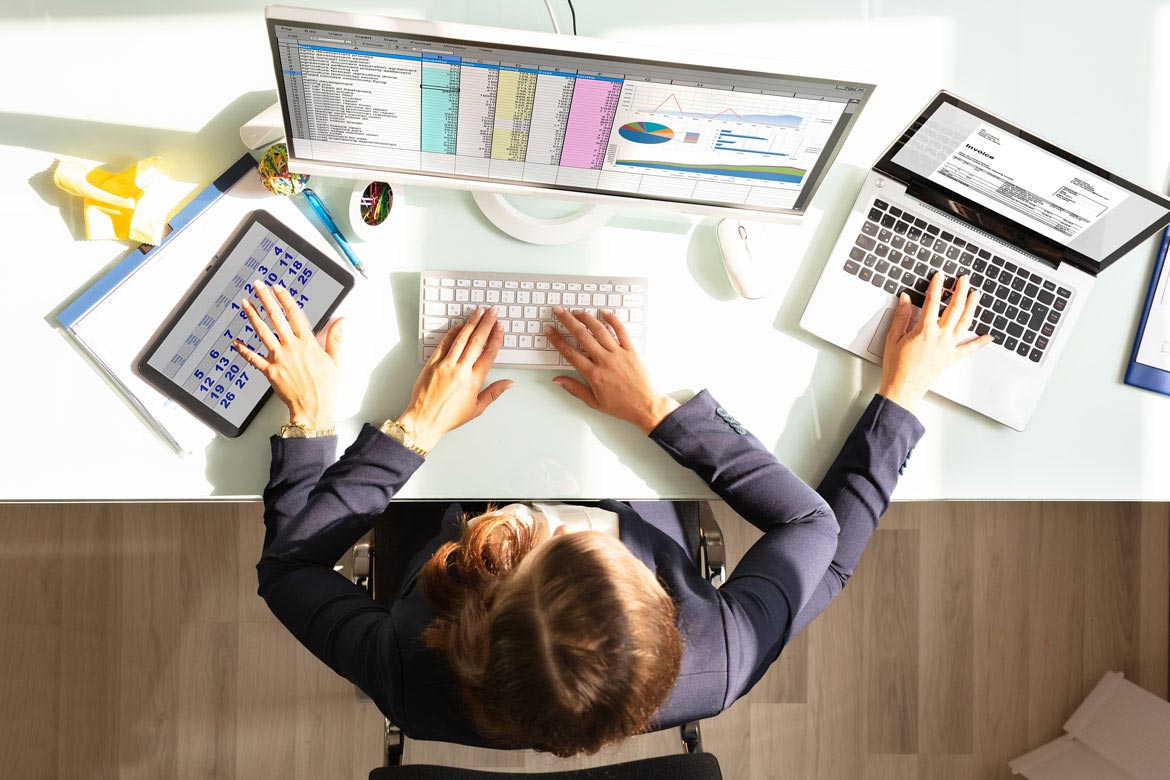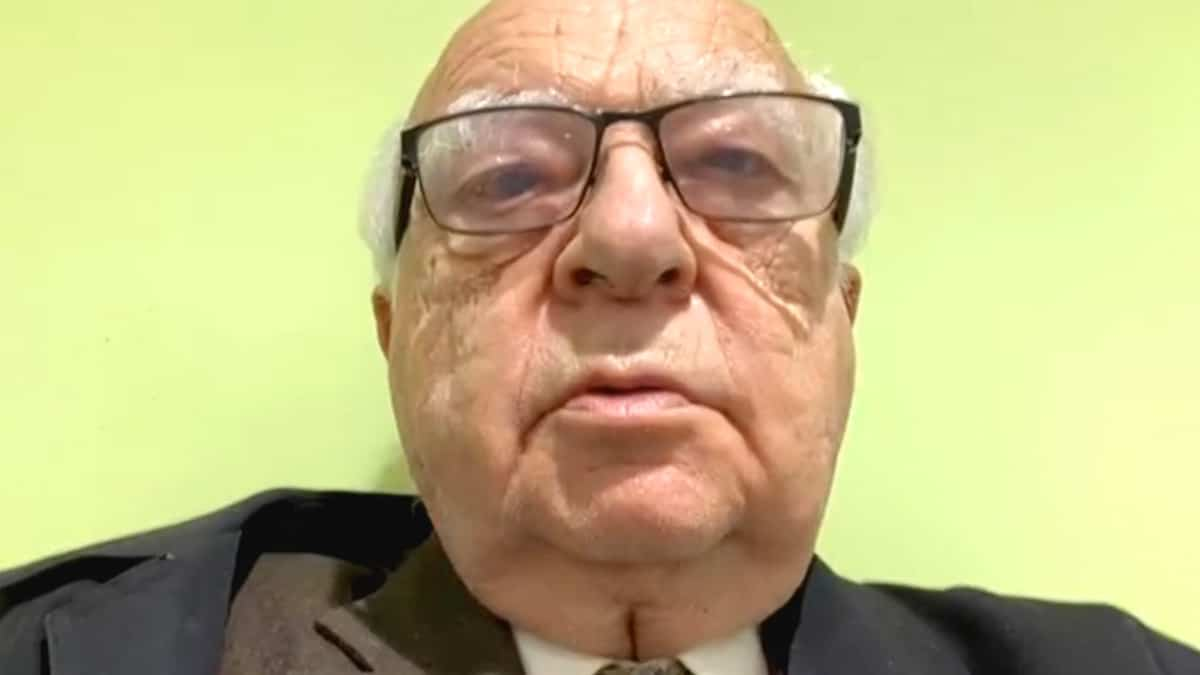The modern age brings new challenges. Although life is more convenient than ever before, it turns out that our brains are busier than ever. A modern way of living means much more information processing than before, which usually causes overstimulation. That’s a highly unpleasant state of mind when we can’t deal with more activities that we can cope with. Eventually, this leads to multitasking. This is especially true when it comes to watching movies. How long has it been since you watched a movie or a episode of a series without checking Instagram or scrolling through free spins at online casinos?
Just take a look at the things that have changed in the past few decades. Thanks to the internet, we are overflowed with all kinds of information, such as facts, pseudo facts, rumors etc. So, one of the biggest challenges is to create a kind of filter in your brain and decide which information needs to be processed and which one should be ignored.
That’s such an exhausting process but that’s also just a beginning. Besides information processing, we are also troubled with the fact that we work more than before. These days, we don’t use travel agents to make our reservations. We do this by ourselves. Furthermore, we don’t use secretaries to correspond with our business partners. We text mails by ourselves. We feel we don’t need help from salesmen anymore. We do everything by ourselves.
At the same time, there is much more to do regarding keeping up with family and friends and then add things like hobbies and recreation. It looks like our brain is switched on 24 hours a day.
Such an attack on our brain is, obviously, overwhelming and as a consequence, the first stage of dealing with so many tasks is overstimulation. As we can’t deal with so many tasks, we feel tired and clumsy, we don’t enjoy food as we used to, we ask for more help than usual etc.
Humans are a mix of an animal and machine, and that helps them outgo all kinds of difficult situations, including overstimulation. Eventually, we will deal with this and that leads us to multitasking. Multitasking is a so common word we can hear everywhere these days. The fact is that all of us practice it, at least at the most basic level. For example, we are on the phone while driving, or we do small talk with colleagues while working.
What we are doing is splitting attention to more than one thing at the same time. That’s the way we deal with multiple issues at the time, but the latest researches show a little bit different picture. It looks like what we call multitasking is the way of dividing attention. It turns out that multitasking is nothing but instant switching from one task to another and guesses what, this skill can even be improved.
In other words, the more we “multitask”, our switch from one to another is becoming faster. As you may presume, our brain has limits and once we hit the redline, multitasking will leave a negative effect on our cognitive function. In other words, we will start to suffer from the lack of attention, which makes us prone to mistakes.
Multitasking can also have a negative metabolic effect. Those instant switches from one task to another require a lot of fuel, which is called oxygenated glucose. Once we are run out of fuel, we will feel tired. Not only that, insufficient nutrients in our brain usually lead to poor cognitive and physical performance. Eventually, we are triggering the stress hormone cortisol in the brain, which leads to impulsive behavior, which can end up in anxiety.
Of course, we are all different and each one of us deals with multitasking in a different way. What’s important is to know your limits, as that is the only way to prevent potential health issues in the future.

“Prone to fits of apathy. Introvert. Award-winning internet evangelist. Extreme beer expert.”










